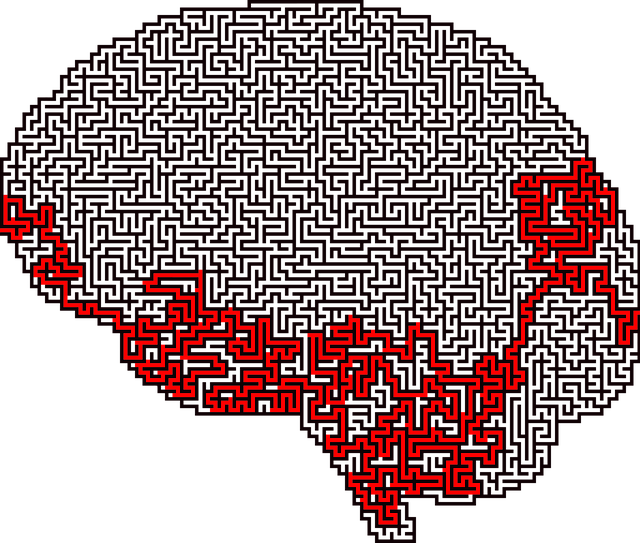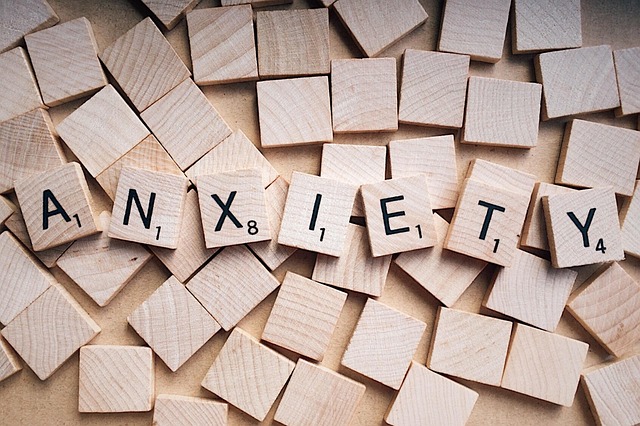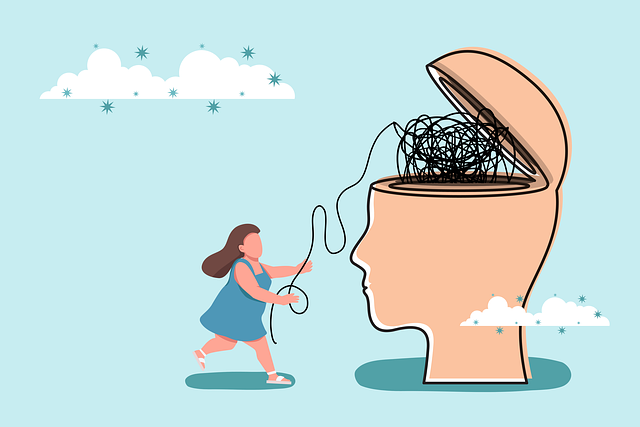Littleton Eating Disorders Therapy offers evidence-based, personalized care using CBT, DBT, and interpersonal psychotherapy to address symptoms and causes of eating disorders. Their holistic approach emphasizes lifestyle changes like exercise, sleep, nutrition, mindfulness, and creative outlets, along with mental wellness coaching and journaling. By integrating mindfulness meditation, Littleton helps clients transform their relationship with food and body image, fostering long-term recovery and overall emotional well-being.
Mood regulation strategies are essential tools for maintaining mental well-being. This article explores various approaches to managing emotions, delving into the psychological aspects and therapeutic interventions like Littleton Eating Disorders Therapy. We discuss lifestyle changes proven effective in enhancing mood balance and provide insights into professional support tailored for personalized care. By understanding these strategies, folks can navigate emotional challenges and foster a healthier, more resilient state of being.
- Understanding Mood Regulation: The Role of Psychology and Therapy
- Lifestyle Changes for Better Mood Management
- Professional Support: Littleton Eating Disorders Therapy and Customized Care
Understanding Mood Regulation: The Role of Psychology and Therapy

Understanding Mood Regulation is a multifaceted process that draws heavily on the fields of psychology and therapy. These disciplines provide valuable tools for navigating and managing emotional states, which can be especially beneficial in mitigating conditions like eating disorders. Littleton Eating Disorders Therapy, for instance, leverages evidence-based practices to help individuals gain insights into their emotional triggers and develop healthy coping mechanisms.
Therapy plays a crucial role in boosting confidence and offering crisis intervention guidance. By fostering self-awareness, individuals equipped with effective mood regulation strategies can better navigate life’s challenges without resorting to unhealthy behaviors. Moreover, Mental Health Policy Analysis and Advocacy contribute to creating supportive environments that promote early intervention and long-term recovery, reinforcing the comprehensive approach necessary for addressing complex emotional issues.
Lifestyle Changes for Better Mood Management

In the pursuit of better mood management, lifestyle changes play a pivotal role in overall mental wellness. At Littleton Eating Disorders Therapy, we emphasize the importance of holistic approaches that extend beyond traditional therapy sessions. Adopting a balanced lifestyle that incorporates regular physical activity, sufficient sleep, and nutritious eating habits can significantly influence emotional well-being. Engaging in activities that promote relaxation, such as mindfulness practices or creative outlets, is another effective strategy. These simple yet powerful changes set the foundation for sustained mental health improvement.
The concept of ‘Mind Over Matter’ becomes a guiding principle when individuals take control of their daily routines. Mental Wellness Coaching Programs and Development can offer tailored guidance to help individuals implement these lifestyle shifts. Additionally, keeping a Mental Wellness Journaling Exercise can serve as a valuable tool to track progress, identify triggers, and develop coping strategies. By combining these practices with professional support, individuals can better navigate their emotional landscapes, fostering resilience and enhanced mental wellness over time.
Professional Support: Littleton Eating Disorders Therapy and Customized Care

For those navigating the complex landscape of eating disorders, professional support is an indispensable tool in their recovery journey. Littleton Eating Disorders Therapy offers a specialized approach, tailoring treatments to individual needs. This personalized care ensures that every client receives the utmost attention and guidance, addressing not just symptoms but also underlying causes. The therapists at Littleton are experts in various evidence-based methods, including cognitive behavioral therapy (CBT), dialectical behavior therapy (DBT), and interpersonal psychotherapy, among others.
Integrating practices like mindfulness meditation into their therapeutic framework, Littleton Eating Disorders Therapy promotes a holistic healing process. This not only aids in mood regulation but also fosters burnout prevention strategies for healthcare providers, who often find themselves at the forefront of mental health policy analysis and advocacy. Through this comprehensive approach, individuals can transform their relationship with food and body image, ultimately achieving lasting recovery.
Mood regulation is a multifaceted process, with psychology and therapy playing pivotal roles in understanding and managing emotional well-being. Lifestyle adjustments, such as regular exercise and mindful practices, significantly enhance mood management. For those seeking specialized support, professional services like Littleton Eating Disorders Therapy offer tailored care, addressing the unique needs of individuals on their journey to better mental health. By combining therapeutic interventions with lifestyle changes, people can effectively navigate and improve their emotional state.














